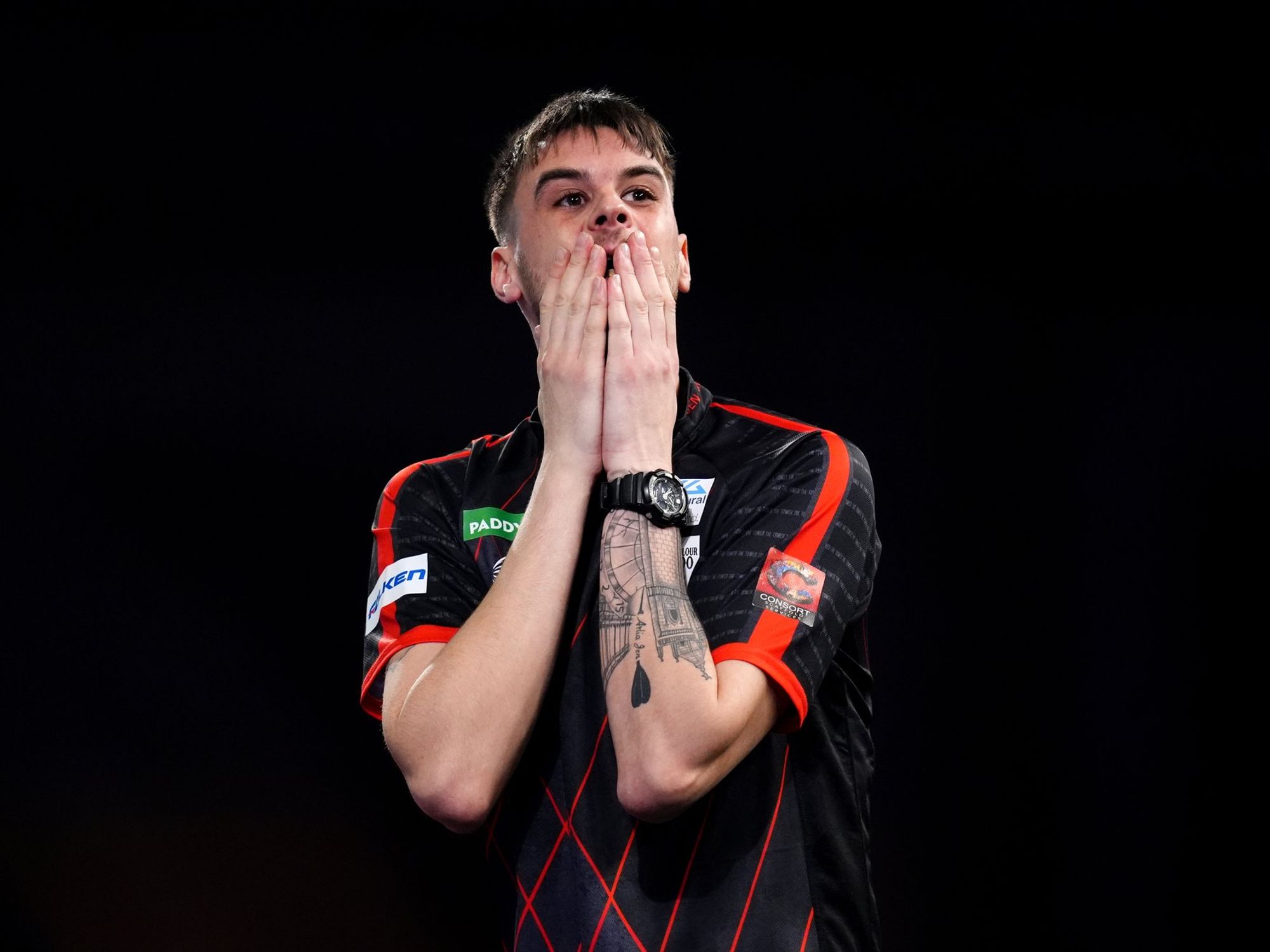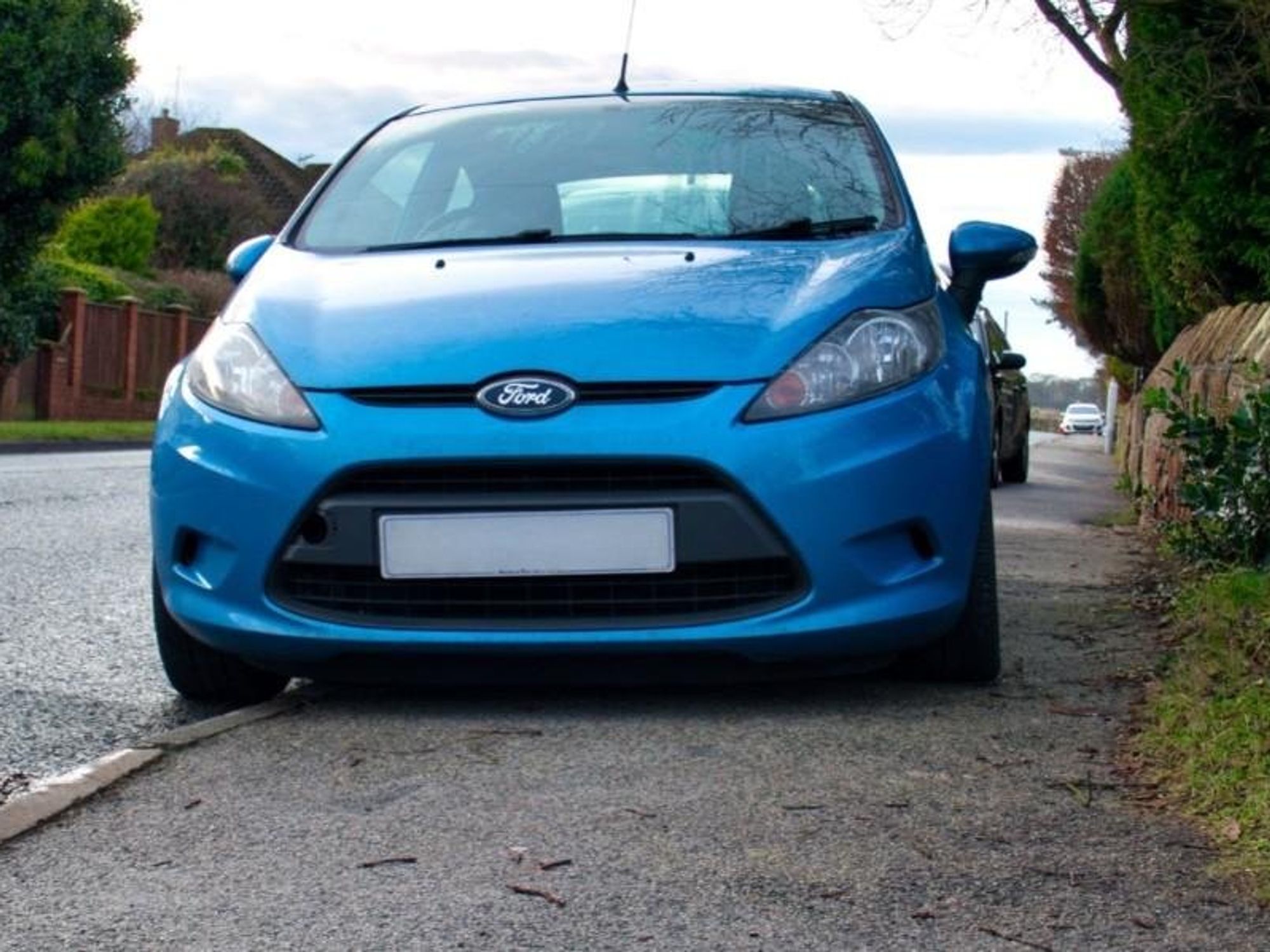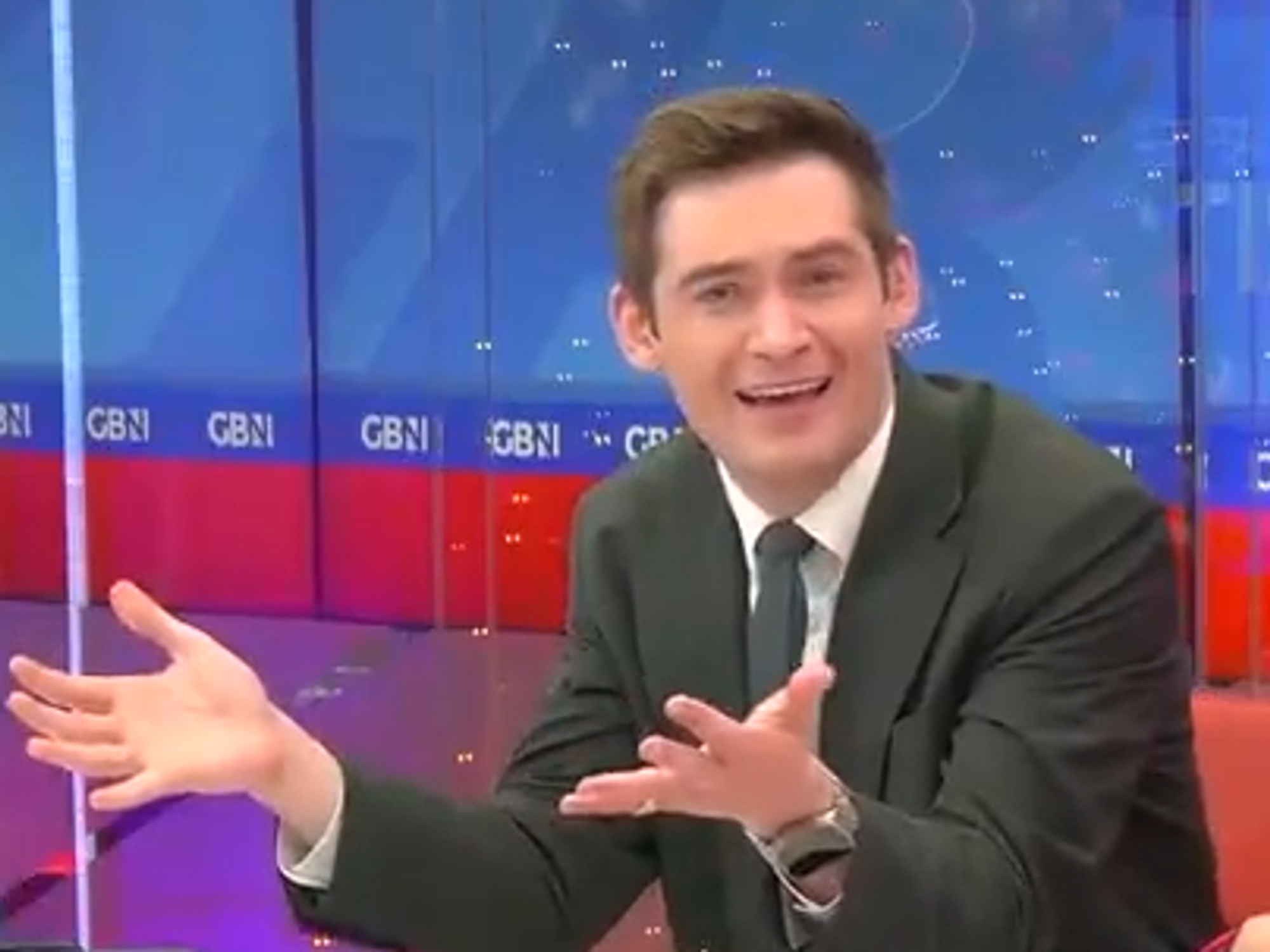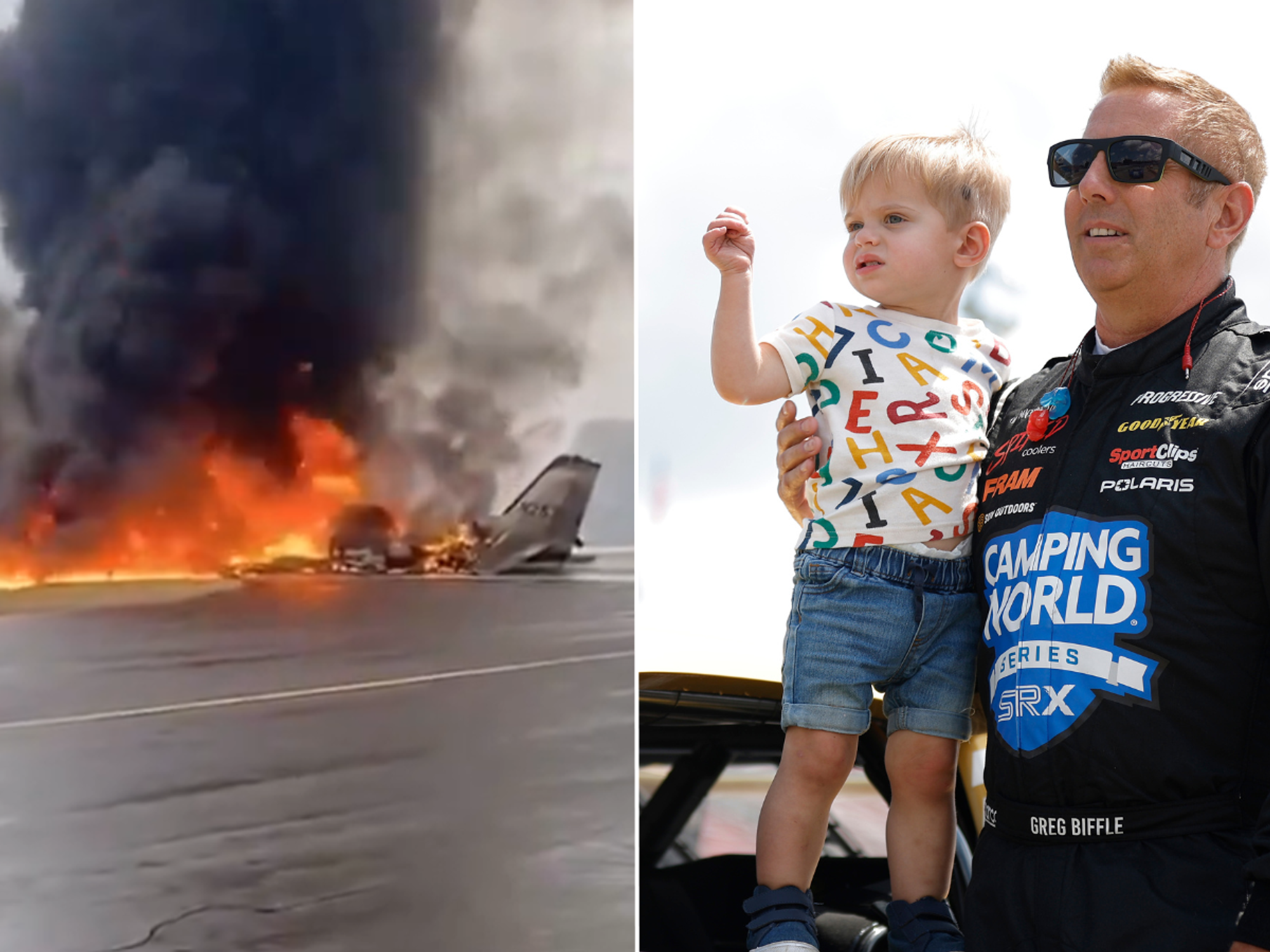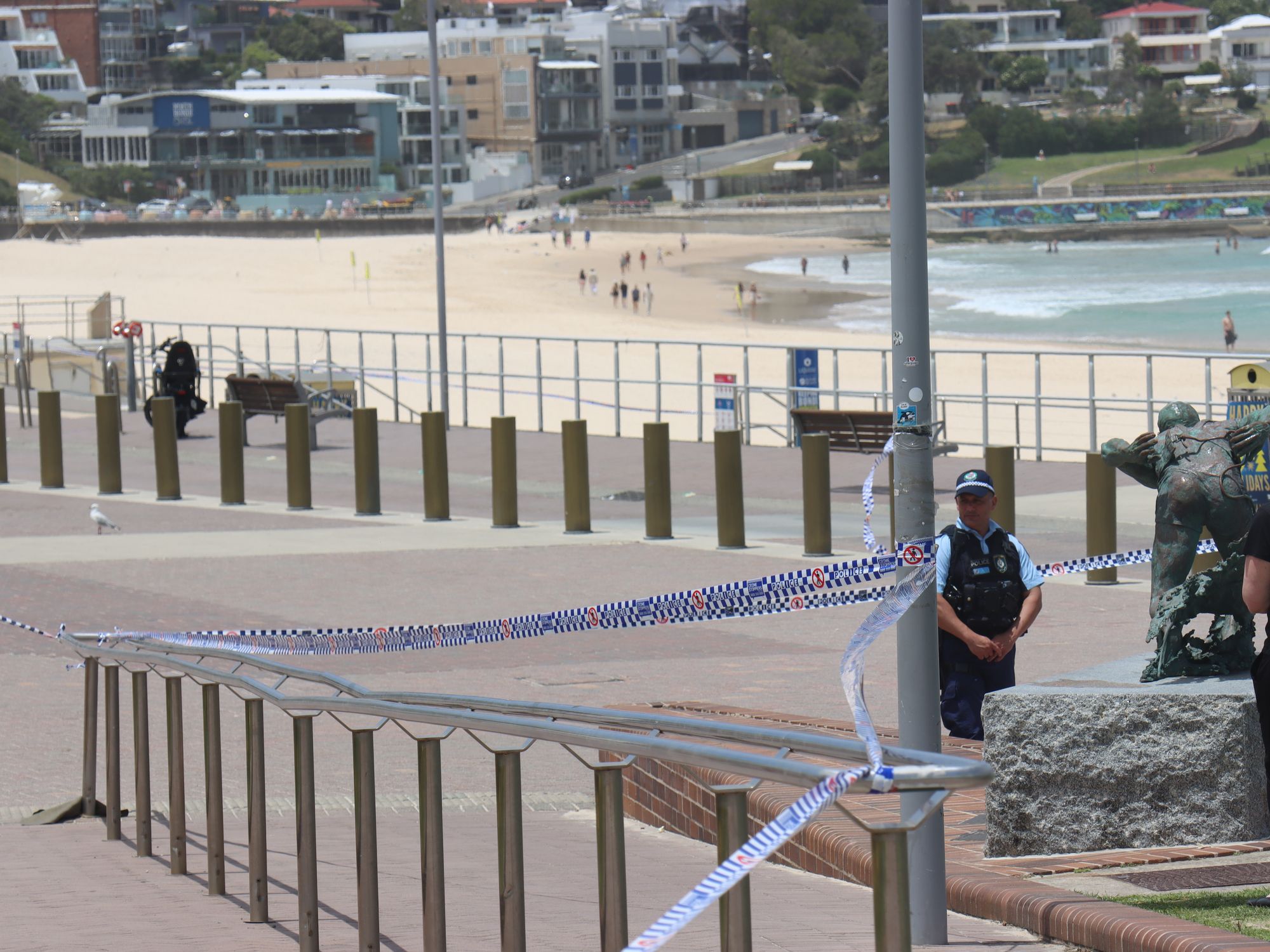Counter terror police detain man at Gatwick Airport on suspicion of spying for Vladimir Putin
The man remains in custody at a London police station
Don't Miss
Most Read
Latest
A man has been arrested by counter-terror police on suspicion of spying.
The suspect, in his 40s, was detained by the Metropolitan Police at Gatwick Airport in West Sussex on Monday evening.
The Sun newspaper reported that the man is accused of spying in Britain for Russian President Vladimir Putin, and was due to get an outbound flight when he was arrested.
A Scotland Yard spokesman said: “We can confirm that officers from the Met’s Counter Terrorism Command arrested a man in his 40s at Gatwick Airport on Monday 13 June on suspicion of offences under Section One of the Official Secrets Act 1911.
“He has been taken to a London police station, where he currently remains in police custody.
“Inquiries continue.”
Gatwick Airport
Gareth Fuller
Section One of the Act relates to information contained within notes, plans or sketches which may be useful to an enemy.
Dozens of UK journalists and media sanctioned by Russia say an imposed travel ban will “not silence” their work and have vowed to keep reporting “independently and fairly” on the ongoing conflict with Ukraine.
Journalists from a wide range of British publications were included on a list in which they were accused of “deliberate dissemination of false and one-sided information” about Russia and the war.
A statement published by Russia’s Ministry of Foreign Affairs on Tuesday listed 29 individuals, including the heads of the BBC, The Times, The Guardian and The Independent.
Another 20 figures who Moscow claims are linked to the defence industry were also sanctioned.
Among those on the list are BBC director-general Tim Davie, The Times’ editor John Witherow, The Guardian’s editor-in-chief Katharine Viner, editor-in-chief of The Daily Telegraph Chris Evans, BBC chairman Richard Sharp and managing director of The Independent, Christian Broughton.
BBC journalists Nick Robinson, Orla Guerin and Clive Myrie, who have all reported from the ground in Ukraine and its capital of Kyiv during the conflict, also feature, as do correspondents from ITV News and Channel 4 News.
Russia said the journalists and media representatives named had contributed towards “fuelling Russophobia in British society”.
A spokesperson for the BBC said: “We will continue to report independently and fairly.”
While a spokesperson for The Guardian said it was a “disappointing move” by the Russian government, calling it “bad day for press freedom”.






